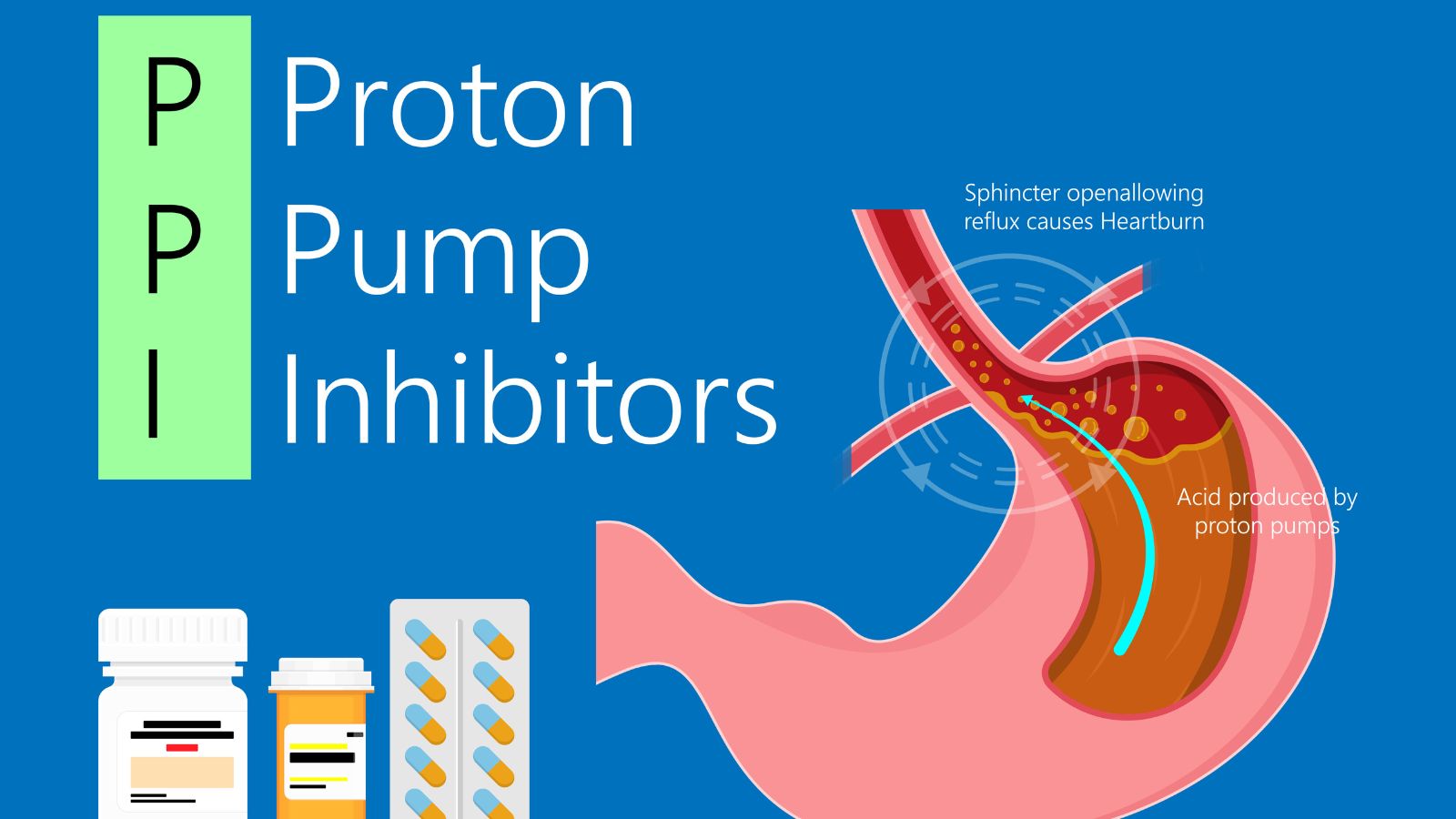In today’s fast-paced world, medications are often seen as quick fixes for various ailments. From headaches and high blood pressure to anxiety and arthritis, there’s a pill for nearly every condition. However, many don’t realize that some common medications can pose hidden dangers to our health. This article will delve into the less obvious risks associated with commonly used drugs and why it’s crucial to be informed.
NSAIDs (Nonsteroidal Anti-Inflammatory Drugs)

Widely used to alleviate pain and reduce inflammation, NSAIDs like ibuprofen and aspirin are found in many households. However, long-term use can lead to serious gastrointestinal issues, including ulcers and bleeding. They can also increase the risk of heart attacks and strokes, especially in individuals with preexisting heart conditions.
Blood Thinners

Blood thinners, such as warfarin, and newer anticoagulants, like rivaroxaban, are prescribed to prevent blood clots. While effective, they come with the risk of excessive bleeding. Even minor cuts can become dangerous, and internal bleeding may occur without apparent symptoms.
Opioids

Prescription painkillers like oxycodone and hydrocodone are powerful tools for managing severe pain. Unfortunately, they are also highly addictive and can lead to overdose if not used correctly. The opioid crisis highlights the importance of understanding the risks associated with these medications.
Antibiotics

Antibiotics are life-saving drugs that combat bacterial infections. However, overuse and misuse can lead to antibiotic resistance, making infections more challenging to treat. Additionally, antibiotics can disrupt the balance of good bacteria in the gut, leading to digestive issues and other complications.
Statins

Statins are commonly prescribed to lower cholesterol and reduce the risk of heart disease. While generally safe, they can cause muscle pain and liver damage and increase the risk of type 2 diabetes in some individuals.
Diuretics

Often prescribed for high blood pressure and heart failure, diuretics help the body eliminate excess fluid. They can, however, lead to dehydration, electrolyte imbalances, and kidney problems if not monitored closely.
ACE Inhibitors

ACE inhibitors are used to treat high blood pressure and heart failure. They can cause persistent cough, elevated blood potassium levels, and, in rare cases, angioedema—a severe allergic reaction that can be life-threatening.
Corticosteroids

Used to reduce inflammation and treat autoimmune conditions, corticosteroids like prednisone can have significant side effects, including weight gain, osteoporosis, and increased susceptibility to infections.
Benzodiazepines

Commonly prescribed for anxiety and insomnia, benzodiazepines like diazepam and lorazepam can lead to dependency, cognitive impairment, and increased risk of falls in older adults.
Antidepressants

While a lifeline for many dealing with depression and anxiety, antidepressants can have side effects such as weight gain, sexual dysfunction, and, in some cases, increased suicidal thoughts, particularly in young adults.
Proton Pump Inhibitors (PPIs)

Used to treat acid reflux and stomach ulcers, PPIs like omeprazole and esomeprazole are effective at reducing stomach acid. However, long-term use can lead to nutrient deficiencies, bone fractures, and an increased risk of kidney disease.
Antihistamines

Antihistamines, commonly used to treat allergies, can come with side effects that may catch you off guard. While they reduce symptoms effectively, they can also cause drowsiness and impair cognitive function. In older adults, these medications can increase the risk of falls and confusion. Being aware of these potential risks is crucial for safe usage and to ensure you’re getting the most benefit without unintended harm.
Antipsychotics

Antipsychotics, prescribed for conditions like schizophrenia and bipolar disorder, are powerful but come with significant side effects. While they help manage symptoms, they can lead to weight gain, diabetes, and severe movement disorders like tardive dyskinesia. It’s crucial to monitor these side effects and regularly consult with healthcare providers to balance the benefits and risks, ensuring effective and safe treatment for mental health conditions.
Hormone Replacement Therapy (HRT)

HRT is used to alleviate menopausal symptoms by supplementing estrogen and progesterone. While effective, HRT carries risks such as an increased likelihood of blood clots, strokes, and certain types of cancer, particularly breast cancer. Users need regular consultations with healthcare providers to balance the benefits and risks, ensuring that HRT remains a safe and effective treatment.
Beta Blockers

Beta-blockers are commonly prescribed for treating high blood pressure and heart conditions. While they are effective in managing these conditions, they can cause fatigue and depression and may worsen asthma symptoms. Regular monitoring and consultations with healthcare providers are essential to manage these side effects and ensure that the benefits of beta blockers outweigh the potential risks.
Oral Contraceptives

Oral contraceptives, or birth control pills, are effective for preventing pregnancy and regulating menstrual cycles. However, they come with potential risks, such as an increased chance of blood clots and strokes. They may also impact mood and libido. Regular check-ins with healthcare providers are essential to monitor these side effects and ensure safe usage, balancing the benefits of effective contraception with potential health risks.
Diabetes Medications

Diabetes medications like metformin and insulin are crucial for managing blood sugar levels, but they come with risks. Metformin can cause gastrointestinal issues, while insulin can lead to hypoglycemia (low blood sugar). Weight gain is another potential side effect. It’s essential for patients to regularly monitor their condition and work closely with healthcare providers to adjust dosages and minimize these risks, ensuring effective diabetes management.
Antiepileptic Drugs (AEDs)

Antiepileptic drugs (AEDs) are essential for controlling seizures in epilepsy patients, but they come with potential side effects. Common issues include dizziness, fatigue, and cognitive impairment. In more severe cases, AEDs can cause liver damage and increase the risk of bone density loss. Continuous monitoring and regular consultations with healthcare providers are crucial to manage these side effects effectively and ensure the medication’s benefits outweigh the risks.
Chemotherapy Drugs

Chemotherapy drugs are potent agents used to combat cancer, but they come with significant side effects. Patients often experience nausea, hair loss, and fatigue. Additionally, chemo weakens the immune system, making individuals more susceptible to infections. Regular consultations with healthcare providers are essential to manage these effects and ensure the treatment is as effective as possible while minimizing harm to the patient’s overall health.
Conclusion

Medications are invaluable tools in modern medicine but are not without risks. It’s essential to have open conversations with healthcare providers about any medication’s potential side effects and long-term impacts. Being informed can help you make better health decisions and avoid the dangers lurking in your medicine cabinet.
18 Reasons Why People Are Leaving Florida in Masses

Exploring factors that impact the desirability of living in Florida, this list delves into various challenges shaping residents’ experiences. From environmental concerns like rising sea levels to economic factors such as fluctuating job markets, these issues collectively contribute to a nuanced understanding of the state’s appeal.
18 Reasons Why People Are Leaving Florida in Masses
